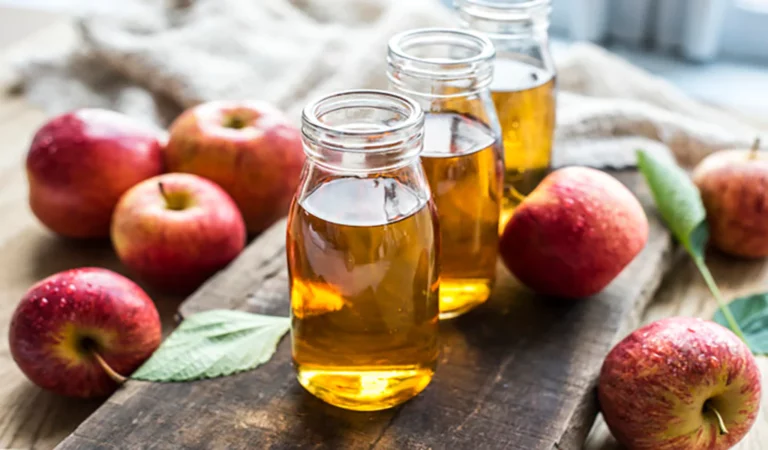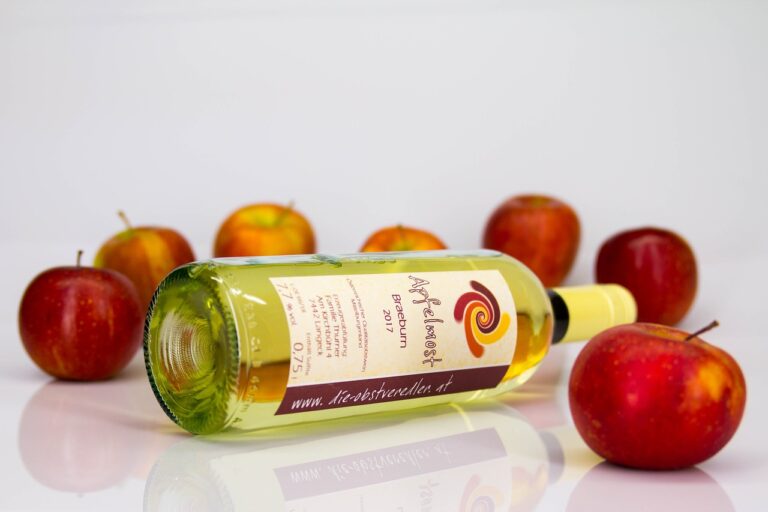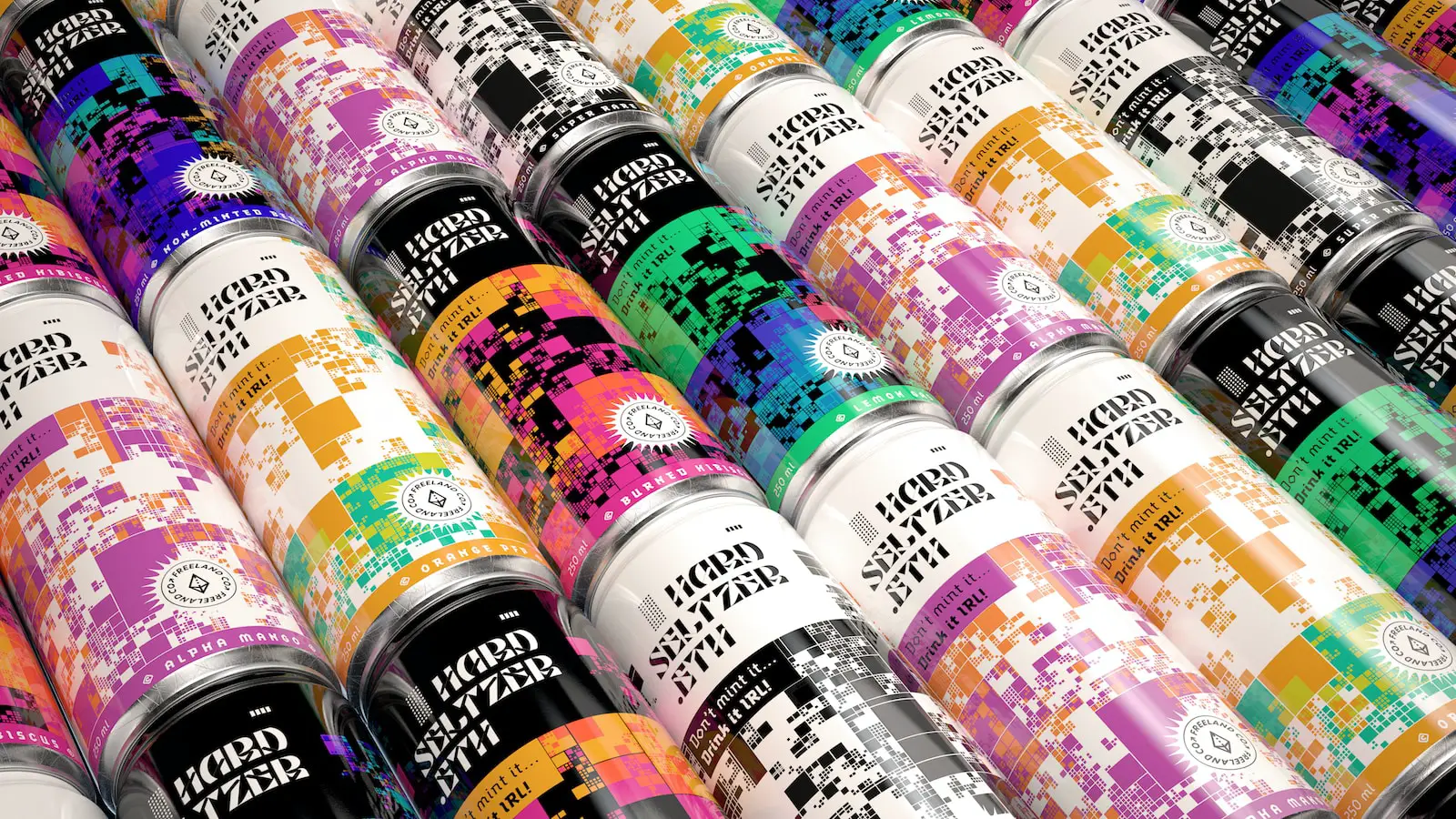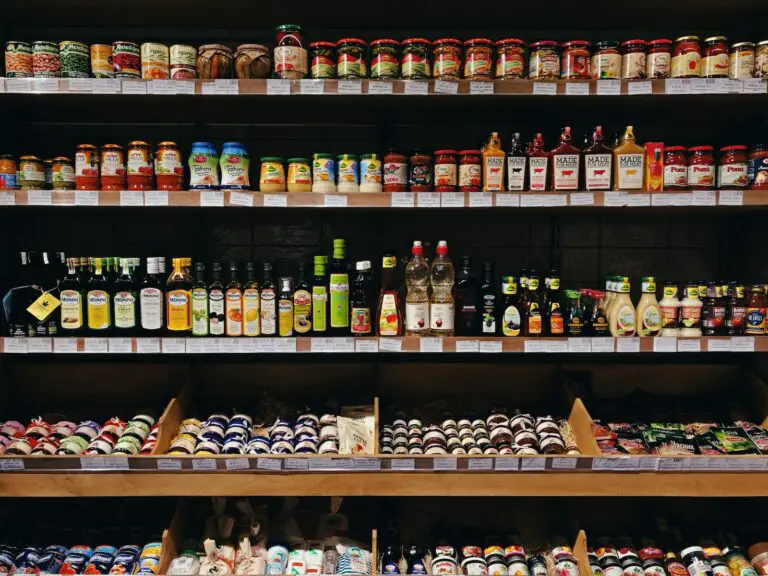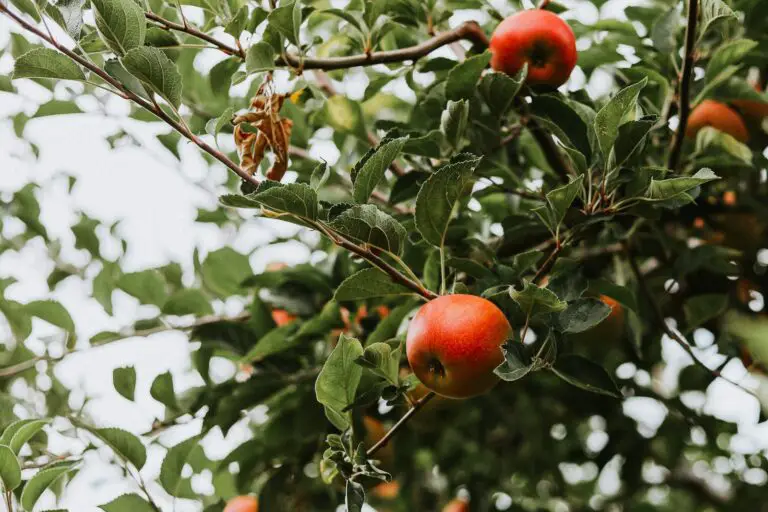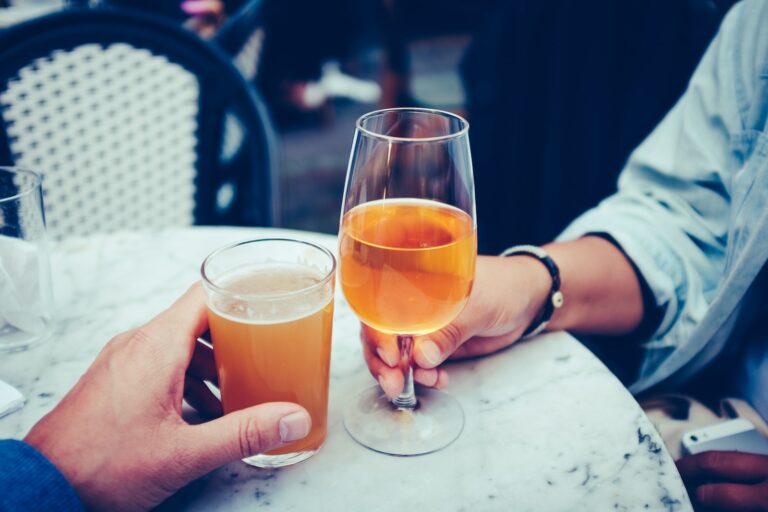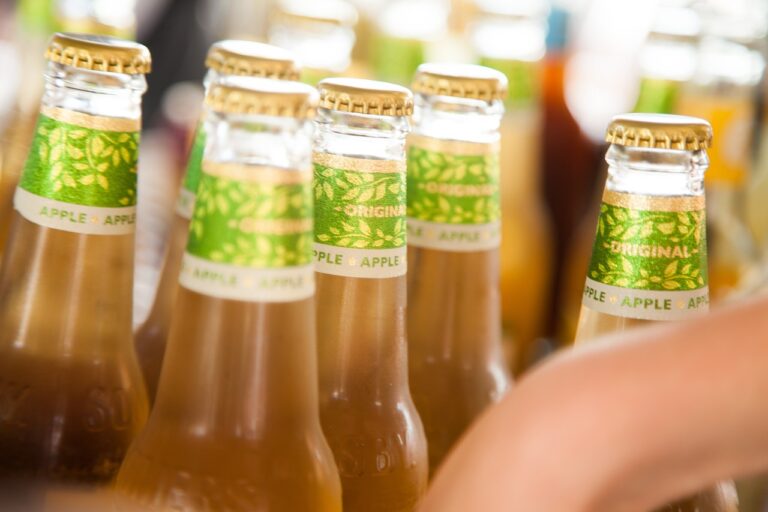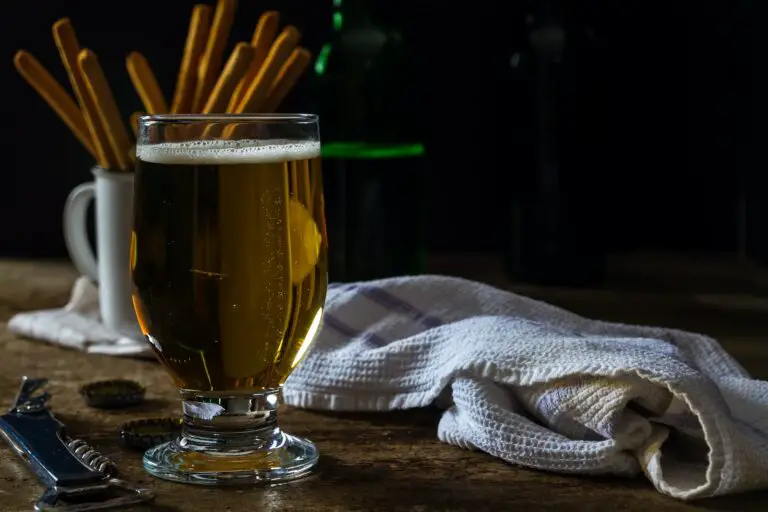The relationship between alcohol and sleep is complex and can vary depending on several factors related to the type, amount, and timing of consumption, as well as individual differences in metabolism, tolerance, and sleep quality.
There are a lot of physical and chemical factors that may affect your sleepiness.
This article explores why you feel tired and sleepy after having a beer.
Contents of your Beer: Chemical Composition and its Effect on the Human Body
Carbohydrates and Amino Acids
Beer contains an excess of the amino acid tryptophan, a precursor to the neurotransmitter serotonin that can promote relaxation and sleep.
Serotonin regulates mood, appetite, and sleep and can promote feelings of relaxation and drowsiness.
However, the tryptophan in beer is not usually enough to cause significant sedation alone, and the alcohol content of beer can also have a stimulant effect at low doses.
The amount of tryptophan in beer is not usually enough to cause significant sedation on its own, and the effect of tryptophan on serotonin synthesis and release can be influenced by other factors such as protein intake, stress, and other amino acids.
Moderate alcohol consumption may improve subjective sleep quality by reducing the time it takes to fall asleep and increasing the amount of deep sleep in the early part of the night.
On the contrary, excessive alcohol intake can disrupt sleep by causing frequent awakenings, fragmentation, and changes in sleep architecture, leading to daytime fatigue and cognitive impairment.
Carbohydrates and Glucose
The effects of alcohol on sleep can also depend on the specific type of beverage consumed, as different types of alcohol contain varying amounts of other compounds that can influence sleepiness and alertness.
Beer is typically made from malted grains containing complex carbohydrates, such as maltose and dextrins, broken down by enzymes during the brewing process to produce simpler sugars, such as glucose and fructose.
The carbohydrate content of beer can increase insulin release from the pancreas, facilitating glucose uptake by cells and lowering the glucose concentration in the bloodstream.
Liquor, on the other hand, has a higher alcohol content than beer and can initially have a stimulating effect by increasing the release of dopamine and other neurotransmitters associated with reward and pleasure.
However, as the liver metabolizes the alcohol, it can produce a sedative compound called adenosine, which can promote drowsiness and fatigue.
The effects of alcohol on sleep can also depend on the amount and timing of consumption, individual differences in metabolism and tolerance, and other factors such as caffeine intake, stress, and sleep disorders.
Composition of the manufacturer’s recipe
The effects can also depend on the specific type of beverage consumed, as different types of alcohol contain varying amounts of other compounds that can influence sleepiness and alertness.
The percentage of alcohol can have a stimulant effect at low doses by increasing the release of dopamine and other neurotransmitters associated with reward and pleasure.
Therefore, while some people may feel sleepier after drinking beer due to its tryptophan and carbohydrate content, others may find that liquor has a more soothing effect overall.
Consumption: The more you drink, the sleepier you become
Higher quantities of beer consumption can lead to increased sleepiness.
This effect is because alcohol is a depressant in the central nervous system that can slow down brain activity and lead to feelings of drowsiness.
The alcohol content of beer also plays a role in how it affects sleepiness.
Beers with higher alcohol content can lead to more significant drowsiness than beers with lower alcohol content, as the body needs more time to metabolize the alcohol.
Time
Drinking beer earlier in the day, such as in the afternoon or early evening, is less likely to cause sleepiness than drinking later at night, as the body has more time to metabolize the alcohol before bedtime.
Individual differences in tolerance and metabolism can also impact how beer consumption levels affect sleepiness.
Some people may be able to consume more beer without feeling as drowsy, while others may become sleepy after just one or two beers.
Health
A person’s overall health can play a significant role in how sleepy they feel after drinking beer.
· Body weight:
Individuals with a higher body weight may be less likely to feel the effects of alcohol as strongly, meaning they may not feel as sleepy after drinking beer compared to someone with a lower body weight.
· Metabolism:
Alcohol metabolizes in the liver through oxidation, which converts it into acetaldehyde and then into acetate, which can be used for energy or eliminated from the body.
People with a faster metabolism may be able to process alcohol more quickly, which could reduce the extent to which they feel sleepy after drinking beer.
· Sleep quality:
People who struggle with sleep disorders or who have poor sleep quality may be more likely to feel sleepy after drinking beer, as the alcohol can disrupt their already fragile sleep patterns.
· Health conditions:
Certain health conditions, such as diabetes, liver disease, or sleep apnea, may increase an individual’s sensitivity to the effects of alcohol, potentially leading to increased sleepiness after drinking beer.
· Medications:
Some medications can interact with alcohol and increase its soothing effects, leading to greater feelings of sleepiness after drinking beer.
· Age:
Older individuals may be more sensitive to the effects of alcohol and more likely to feel sleepy after drinking beer.
· Gender:
Studies suggest that women may experience more intense and prolonged sleepiness after consuming alcohol than men due to differences in body composition and hormonal variations.
Men may be more likely to feel sleepy after drinking more significant quantities of beer, potentially due to higher levels of alcohol dehydrogenase in their bodies.
Conclusion
The relationship between alcohol and sleep is complex and varies due to factors such as the type, amount, and timing of consumption, as well as individual differences in metabolism, tolerance, and sleep quality.
Other factors can influence the soothing effect of beer, and excessive alcohol intake can disrupt sleep and lead to daytime fatigue and cognitive impairment.
On the other hand, liquor with higher alcohol content can initially have a stimulating effect before promoting drowsiness and fatigue.
Therefore, it is essential to consume alcohol in moderation and be mindful of its potential effects on sleep and overall health.
Take care and drink well!


